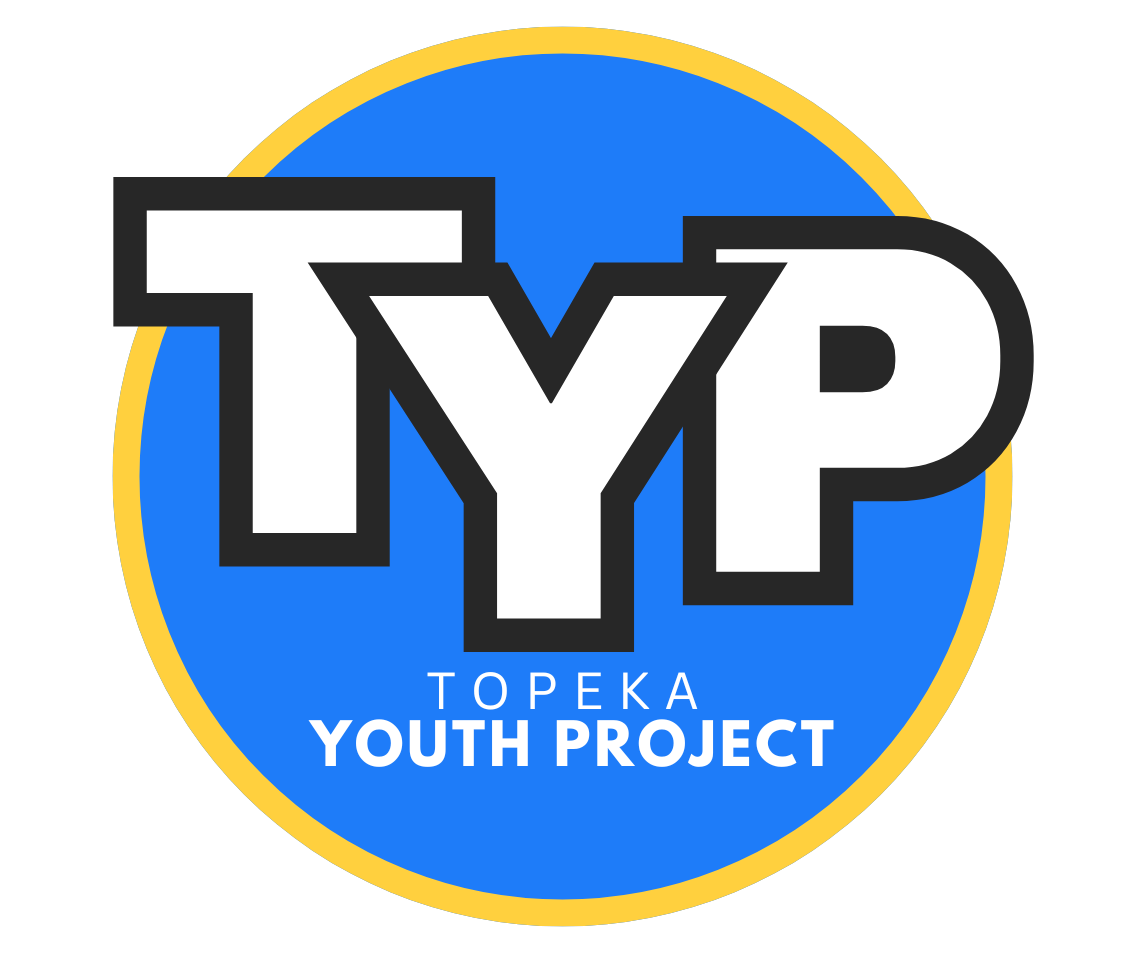
Helping youth step confidently into the workforce with expert guidance in resume building, job interviews, retaining and growing in your job and preparing for the future by leveraging technology.
Free Resources
Providing youth with access to no-cost resources can lower barriers to their job market entry, helping them to gain critical knowledge and tools without financial strain.
Workshops & Webinars: Host monthly in-person workshops on specific job-readiness skills (resume writing, mock interviews), general life skills (budgeting, stress management) and more (see below).
Navigate the Job Market
Help youth understand job search platforms, professional networking, and the types of roles that align with their skills and goals.
Job Search Tutorials: Offer tutorials on using job platforms like Indeed, LinkedIn, and local job boards to teach youth how to create profiles, search for jobs, and apply.
Network Building: Teach networking basics and help youth create LinkedIn profiles, join relevant groups, and engage in local networking events.
Career Exploration: Host sessions introducing various career paths, with insights from industry professionals, so youth can explore different industries, required skills, and advancement opportunities.
Prepare for Interviewing and Post-Hire
Guiding youth on interview preparation and professionalism after hire is critical for securing and maintaining jobs.
NextGen Interviewing Technology powers our AI-powered interview lab where students can practice real-world interviews for any job. Choose a role, get targeted role play questions, and receive instant feedback. Includes AI resume tools with ATS scorin
Professionalism & Soft Skills Training: Provide training on communication, punctuality, and workplace behavior, emphasizing the value of a strong work ethic and accountability.
Post-Hire Support: Develop a post-hire mentoring program that offers check-ins during their first 90 days of employment to answer questions and provide guidance on challenges they may face.
Develop Essential Life Skills
Life skills are key to helping youth manage personal responsibilities and maintain stability, which positively impacts their work lives.
Financial Literacy: Offer workshops on budgeting, savings, managing credit, and basic investment strategies, partnering with local banks or credit unions where possible.
Time Management: Teach strategies for managing school, work, and personal commitments, including tools like planners, to-do lists, and productivity apps.
Advanced Personal Growth
Personal growth helps youth build resilience, confidence, and the mindset necessary for ongoing learning and self-improvement.
Goal Setting & Self-Reflection: Run goal-setting workshops where youth learn to set short- and long-term goals, track their progress, and self-reflect.
Public Speaking & Confidence Building: Offer public speaking classes and exercises that encourage self-expression, foster confidence, and prepare youth for various social and professional settings.
Leverage Technology for a Competitive Edge
Technology proficiency sets youth apart in today’s workforce and helps them leverage tools to streamline their tasks and stay competitive.
Digital Skills Training: Provide training in basic and intermediate digital skills, such as Microsoft Office, Google Workspace, and email etiquette, which are essential for most jobs.
Introduction to Canva
Social Media & Branding: Teach them to build and manage a professional social media presence, focusing on LinkedIn for networking and sharing achievements.
Introduction to Coding and Data Literacy: Offer introductory sessions on coding to spark interest in tech skills that are highly marketable across many industries.
